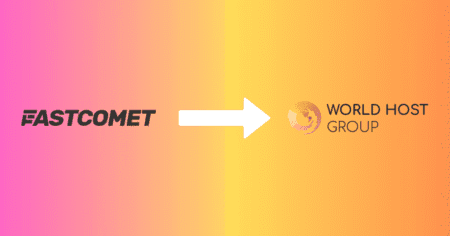What comes to mind when you think of the “3 Rs“? While the term can have various meanings, in this context, we are referring to Registry, Registrar, and Registrant.

Why should you care about these 3 Rs? They are essential if you own a website. You can’t obtain a website address without understanding these three components. When it comes to websites, it’s important to know who or what you are dealing with. Let’s take a closer look at the 3 Rs.
Registry
Registries manage domain extensions that we are all familiar with, such as .com, .org, and .net, as well as new generic top-level domains (gTLDs). These top-level domains are gaining popularity in cyberspace. Registries are companies authorized to offer domain extensions to other businesses, allowing customers to register their preferred domain names with their chosen endings.
While there are many registrants and registrars, there are only a few registries. One notable new registry is Identity Digital (previously known as Donuts)., which is launching a wide range of customizable and exciting domain extensions.
Registrar
These companies work with registries to help you access various domain extensions. You can think of them as negotiators for precious stones like diamonds. Normally, you wouldn’t buy a diamond directly from the digger unless you are one yourself or a jeweler. Instead, you would visit a local store and ask a sales representative to help you select the perfect stone.
GoDaddy is a great example of such a company. They collaborate with registries to offer you valuable domain extensions. Additionally, they often provide attractive promotions when you register domain names, such as charging only $0.99 for a .com domain. Additionally, we have many other successful registrars like GoDaddy, such as NameCheap, Dynadot, Namesilo, and others.
Registrant
In this situation, you are the registrant. If you own a domain name, that makes you the registrant. The invention acknowledges that both the registrant (domain owner) and the new underwriters need better protection against fraud and theft than what is currently available in the system. The creators of the invention assert that it will address these issues. While I would love to explain how this invention or process will achieve this, the explanations provided in the patent application are complex and difficult to understand without a patent lawyer’s expertise. I hope that clarity will emerge in the future. For now, I am willing to trust their claims; after all, something needs to be done.
Related: How to Secure your own Domain Name?
The patent application claims that enhanced security will benefit all participants in the domain-name market. It will allow those interested in investing in domain-name shares to do so with confidence, knowing their money won’t be at risk of theft. Meanwhile, domain owners can focus on what they do best—creating value by registering domain names.
Although it isn’t explicitly stated, an additional advantage for domain owners could be increased protection against baseless claims of cybersquatting. It’s one thing for powerful companies, armed with resources and legal teams, to intimidate average domain owners; it’s quite another to challenge the financial strength of banks and insurance companies that hold shares in these contested domains. Furthermore, even registrars will be compelled to take ownership issues more seriously in this new domain landscape.

In short, here’s a clearer explanation of each:
1. Domain Registrant: This is the individual or organization that owns the domain name. The registrant is responsible for maintaining ownership and control of the domain.
2. Domain Registrar: A registrar is a company that facilitates the registration of domain names. They act as the intermediary between the registrant and the registry, allowing users to buy and manage their domain names.
3. Domain Registry: A registry is an authoritative database that stores all registered domain names for a specific top-level domain (TLD) and manages the database of names within that TLD. For example, Verisign is the registry for .com domains.
If you own a domain, especially if you are a domain investor, you should understand these terms to help clarify the roles each party plays in domain name management.
Have a nice day!



